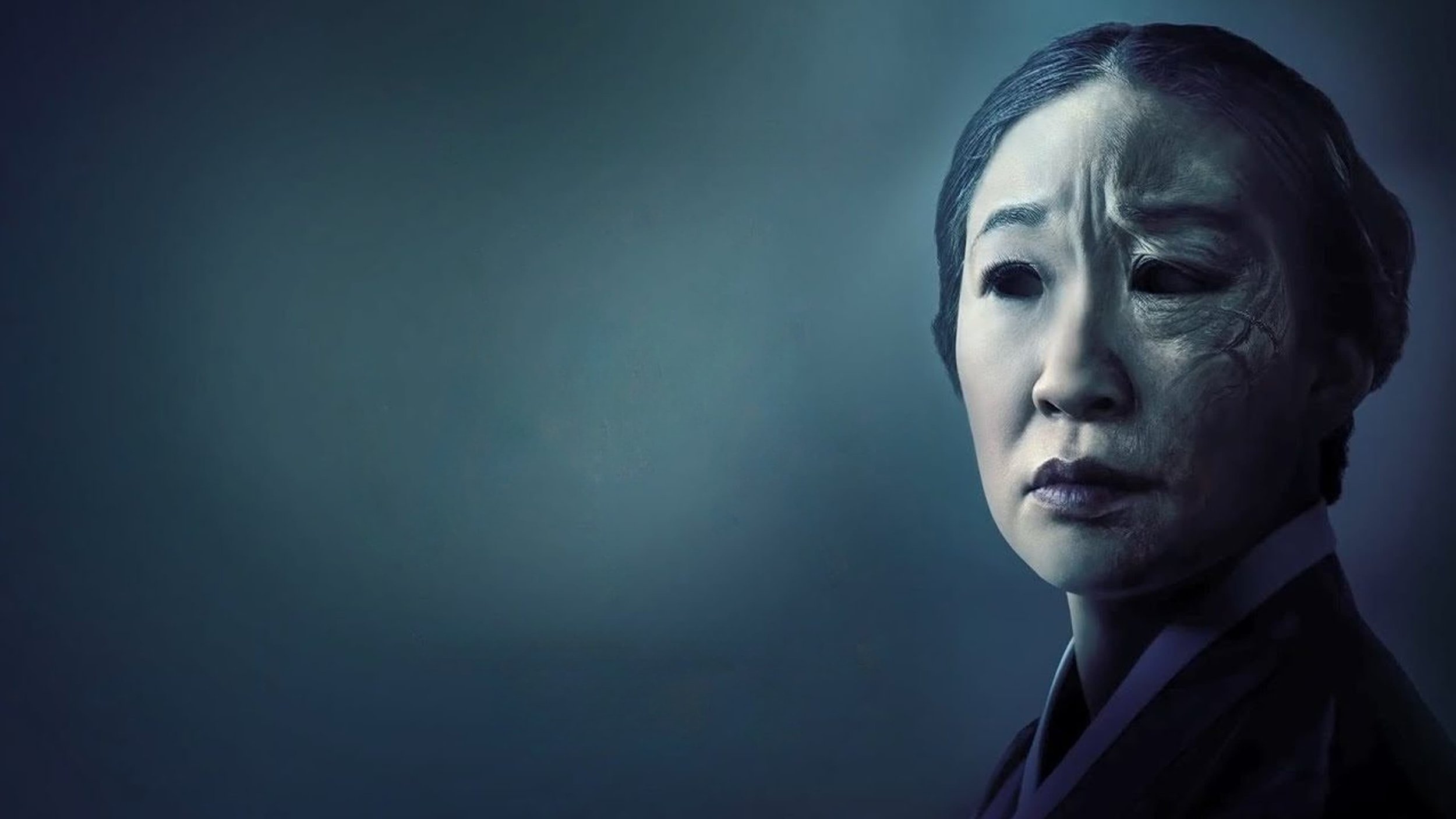Umma
SONY
A wobbly look at how people are inevitably doomed to inherit the outlooks and characteristics of their parents, Umma does so with horror and not the least bit of satisfaction. A clipped rendition of family strife, this is not. Shaky at the best of times under the eye of director Iris K. Sim, Umma is trying to reflect on the damaging relationship that can be possible between a mother and daughter. Such a strong message that will resonate with many is told through cheap horror tricks and a routine of unsophisticated, tacky bumps in the night that do more to damage the story than scare the audience.
An unfocused, lengthy opening eventually makes way for the Sandra Oh-led feature, which has an underwhelming series of simple camera shots surrounding relatively solid performances. That solid nature comes naturally to Oh and company but does little to elevate a piece that feels as though it is still finding its footing and building its characters up in the third act. It is not even that the pacing is slow, just that Oh and the rest of the cast are given little to work with. Beyond the premise, which is rather promising for Sim’s direction, there isn’t much else to hope for. Hoping the lingering bumps in the dark will cause some round-up of fear is the real issue for Umma, though.
It is a horror without much terror behind it. A drama that bases itself on the terrors of family and the opportunities that come from moving away from bad examples. Umma tries little to make the latter work and focuses all of its efforts on the bumps in the night that can’t form into anything particularly frightening or creative. Relatively short and underwhelming at the best of times, with no real ending piecing any of the endurance tests together – it slaps of disappointment and comes nowhere close to having anything satisfying to wrap up its obvious messages. A predictable following of the rise and fall horror film structure, nothing exciting or even all that necessary. The failure of Umma is that it has no faith in the strengths of its dramatic underbelly, the darker thoughts of being compared to failures or fears.
Within Umma is, at the very least, the good grace for Sim to convey what she hopes will latch onto audiences. The implicit strain between a mother and a daughter, and how the fear of becoming a better person can play with the mind of those who are, actively, better than those who raised them. It is a fear that will strike with many and a superb concept but fumbled so poorly by a thoroughly strained and tiresome simulation of family drama. Lightning strikes and fear grows in terribly obvious allusions to mistrust and fear of turning into a relative you don’t want to be. Sim has managed to concoct the most difficult part of the analysis within Umma but fails to follow it up with anything visually striking or actively chilling or unnerving.


